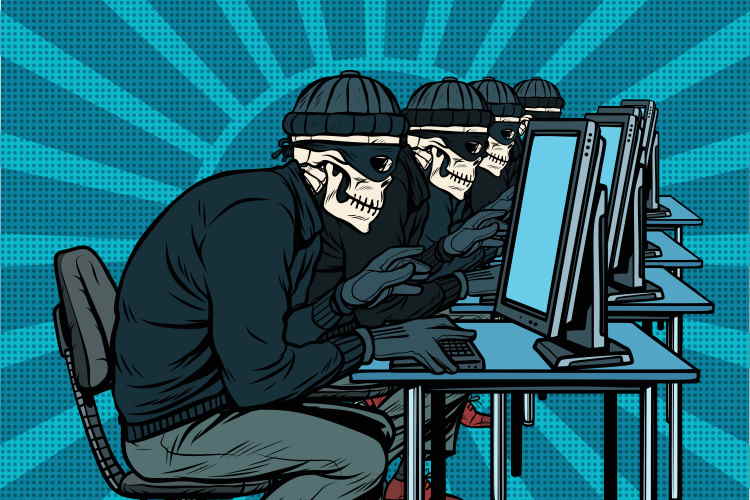Security News

Japan's Ministry of Foreign Affairs and Ministry of Land, Infrastructure, Transport and Tourism this week confirmed impact from a data breach at service provider Fujitsu Limited. Earlier this week, the Japanese multinational provider of IT services and products confirmed it suffered a cyberattack resulting in unauthorized access to ProjectWEB, a tool that allows organizations to share data within and outside their environments.

A Fujitsu project management suite is causing red faces at the Japanese company's HQ after "Unauthorised access" resulted in data being stolen from government agencies, local reports say. The firm's ProjectWEB tool was reportedly accessed by an unidentified "Third party" who helped themself to data from, among others, Japan's Ministry of Foreign Affairs, its Cabinet Office Cyber Security Centre and the Ministry of Land.

Offices of multiple Japanese agencies were breached via Fujitsu's "ProjectWEB" information sharing tool. Fujitsu also said that attackers had gained unauthorized access to projects that used ProjectWEB, and stolen proprietary data.

Messaging app LINE has removed Chinese affiliate's access to personal data, after infosec concerns led Japanese government officials to stop using the app. Government officials began to rethink using the app following reports of foreign access to in-country equipment.

Japanese aerospace company Kawasaki Heavy Industries on Monday warned of a security incident that may have led to unauthorized access of customer data. According to the company's data breach notification, it first discovered unauthorized parties accessing a server in Japan, from an overseas office in Thailand, on June 11, 2020.

China-linked threat actor APT10 was observed launching a large-scale campaign against Japanese organizations and their subsidiaries. The attacks mainly focused on South and East Asia, with one victim being a Chinese subsidiary of a Japanese organization, an atypical target for a state-sponsored Chinese group.

China-backed APT Cicada joins the list of threat actors leveraging the Microsoft Zerologon bug to stage attacks against their targets. Researchers observed a "Large-scale attack campaign targeting multiple Japanese companies" across 17 regions and various industry sectors that engaged in a range of malicious activity, such as credential theft, data exfiltration and network reconnaissance.

Broadcom's security subsidiary Symantec has named a China-linked hacking gang known as "APT 10" and "Cicada" as the probable source of a year-long attack on Japanese interests around the world. Symantec's analysis of the campaign detailed how APT 10 used custom malware named Backdoor.

A Chinese state-sponsored hacking group has been observed while attempting to exploit the Windows Zerologon vulnerability in attacks against Japanese companies and subsidiaries from multiple industry sectors in 17 regions around the globe. APT10 attackers were also observed using Zerologon exploits to steal domain credentials and take full control over the entire domain following successful exploitation of vulnerable devices.

Japanese game developer Capcom has suffered a ransomware attack where threat actors claim to have stolen 1TB of sensitive data from their corporate networks in the US, Japan, and Canada. Yesterday, Capcom announced that they had been hit with a cyberattack on November 2nd, 2020, that led to the halting of portions of their corporate network to prevent the attack's spread. "Beginning in the early morning hours of November 2, 2020 some of the Capcom Group networks experienced issues that affected access to certain systems, including email and file servers. The company has confirmed that this was due to unauthorized access carried out by a third party, and that it has halted some operations of its internal networks as of November 2.".